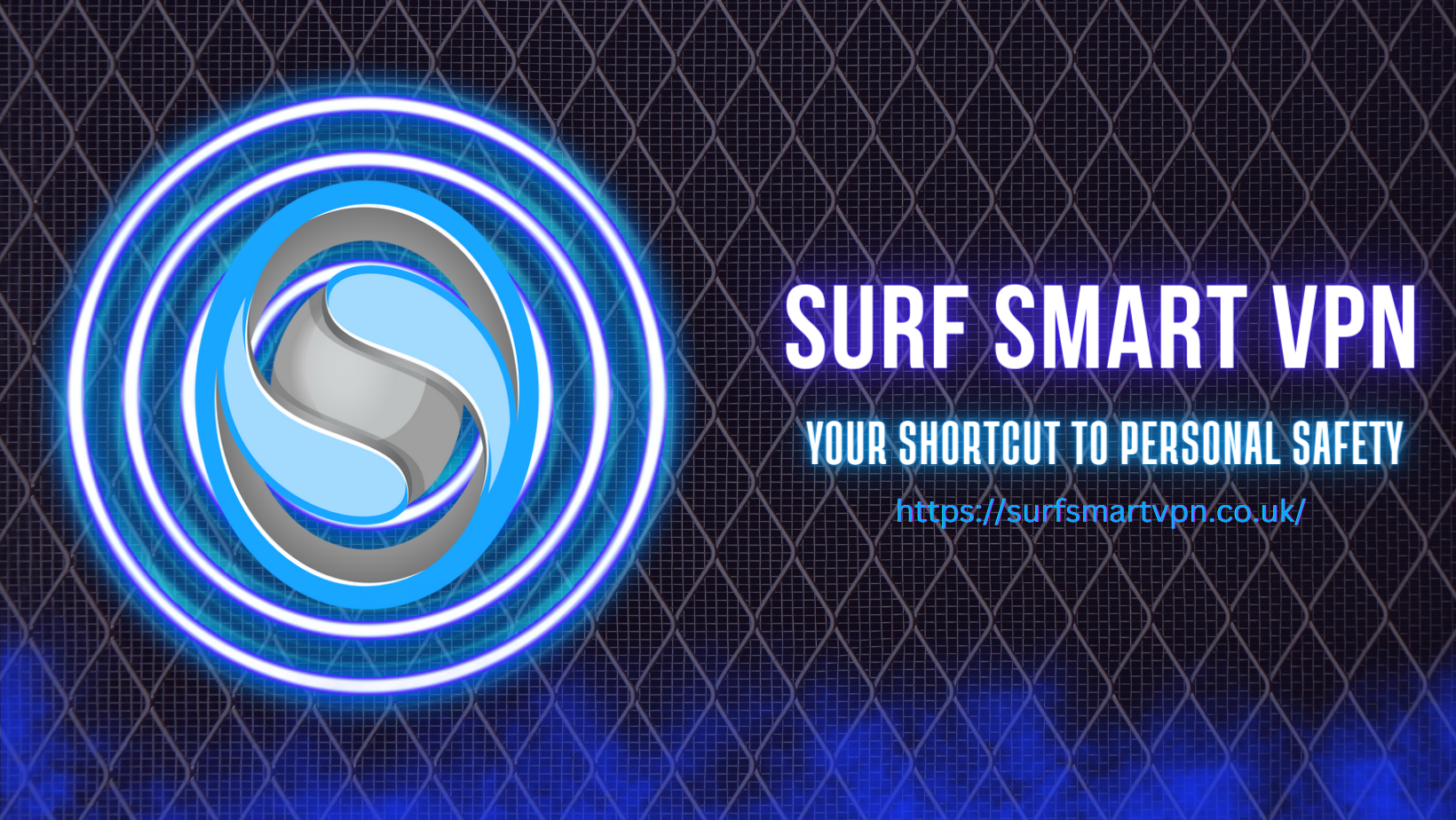
Using a virtual private network (VPN) is an excellent solution to have a bit more security when surfing the web. The technology conceals your identity and secures your information, which protects you from hackers as well as authorities' surveillance. This technology can help you override any restrictions upon your access to the internet in your country. You can also use it to access Wi-Fi networks available to the public.
Though you're conscious of the existence of the concept of VPN is it using it properly? Using an VPN correctly isn't as simple as turning on a VPN then waiting on your computer to connect. To get the best performance from your VPN it is essential to choose a provider that has robust encryption protocols. For instance, this includes OpenVPN as the top choice of VPN protocols. The AES256 encryption method is also highly recommended. This encryption technique is military-grade and used extensively in highly-publicized encryption programs.
Then, you'll need to download the required software, and then choose the server that you wish to connect to a VPN. The server's address should also be manually constructed. After you've set up your VPN, you can browse websites without worrying about the dangers of tracking cookies, as well as other malware that could get your information. Using VPN VPN can be a great solution to keep your information safe and secure online whether you're using the Internet for work or leisure.
A VPN will also safeguard you internet against spying on your activities by ISPs. They monitor your online use and may provide your information to the manufacturers. They are also able to request customer information from certain countries. In the United States, for instance, you can use a VPN to access websites such as Netflix, Hulu, and other streaming services restricted in your country. If you are traveling or needing business-critical information, this is crucial.
An VPN must include a point-to tunneling process (PPP) and secure sockets layer. It is an encryption method that protects data as well as generates the cryptographic specifications.
VPNs are also used alongside private networks. This is especially helpful if you're traveling and require access to resources for business such as the server or file sharing in the middle of the road. An VPN that has a strong encryption such as AES256, is a must.
A VPN can allow you access to websites that are not accessible within your own country. This is one of many advantages. It can be beneficial if you're a student at one of the universities in a region that has restrictions on LGBTQ+ websites. It is also helpful if you're in a country that has a ban on VPN is also a great option when working for an organization that has closed networks. Employers may not permit you to share sensitive information.
Also, you should look for a company that has an effective privacy policy. The company doesn't save IP addresses and time stamps. They also come with a solid privacy policies, including one that won't record your browser history.